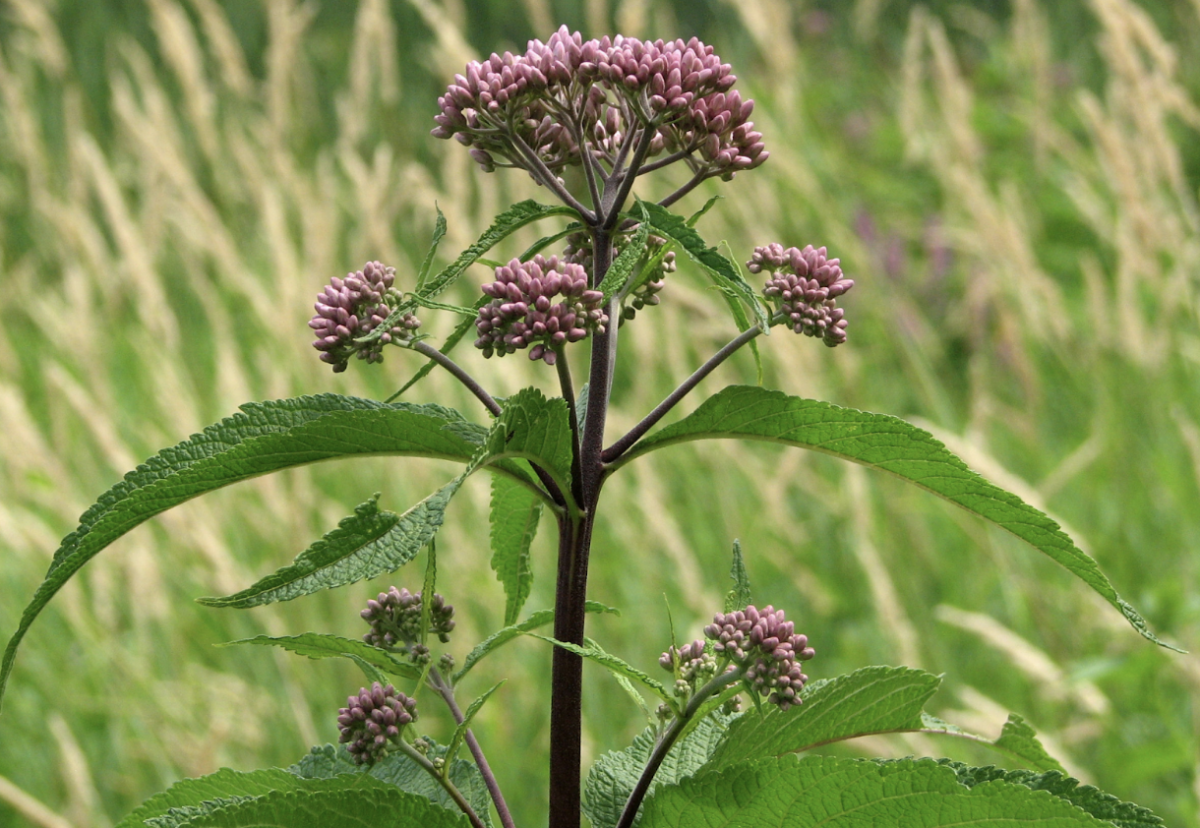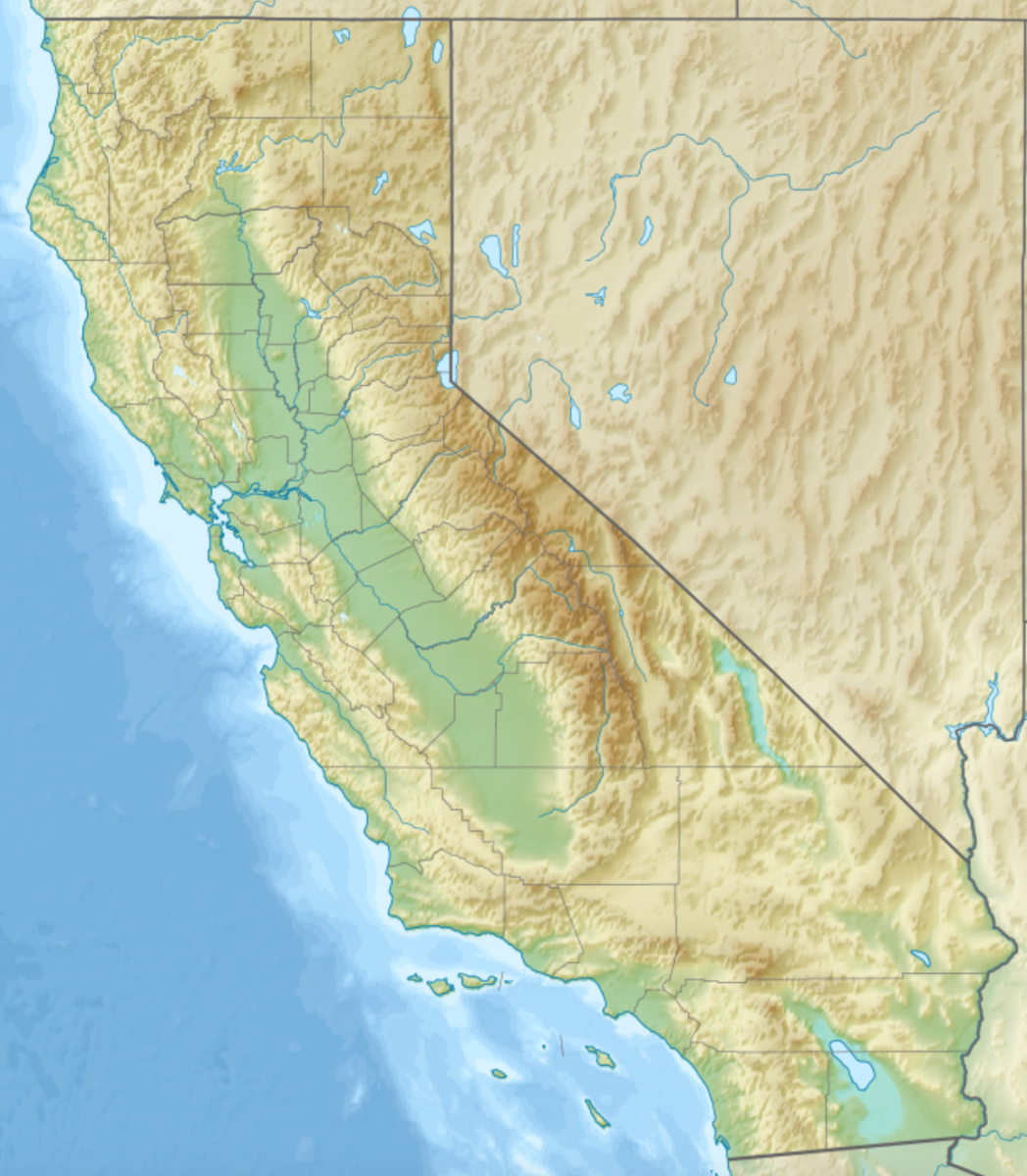The Maldives is one of the smallest countries in the world, with the entire nation having a total land area smaller than San Jose. It is also one of the most densely populated, with a population density of 1,746 people per square kilometer, which is more than three times as dense as the densest U.S. state, New Jersey. But while the United States and the Maldives are not similar in geographical size, the two nations are both experiencing extreme rent crises. In order to gain a better insight into the Maldivian rent crisis, we interviewed Mikail I., a 16-year-old student from the Maldives.
One key factor exacerbating the rent crisis is the disproportionately high population density of the country’s capital, Malé. Despite only being 3.2 square miles in size (8.3 square kilometers), Malé has a population of over 250,000.
“That’s because Malé City is the only real ‘city’ in the Maldives,” Mikail explained, “If I remember correctly, two islands off in the south also have the city designation, but Malé is by and large the most developed.”
This means that much of the country’s social resources are concentrated in Malé. Anyone who wants access to those resources has to move to Malé, and consequently, the city has become extremely dense. “For anything ranging from good healthcare to quality education to high-paying work opportunities outside of tourism, you’re basically forced to move into Malé.”
As a result, a large portion of Malé’s population (52% in 2019) consists of migrants from other islands, including Mikail’s family. The increased demand for housing in Malé allows the city’s landowners to rent out homes to multitudes of new residents, often at ludicrous prices. “They have the monopoly on land,” he elaborated, “and because a sizable amount of them are beyfulhun (the historic nobility of the Maldives)—the Maldives hasn’t had a monarchy since the late 1900s or so, but the economic and political influence of the beyfulhun families is still massive—they are able to charge incredibly high rates on rent with little repercussion. And by incredibly high, I mean I can confidently say that the average Malé resident who doesn’t own land in Malé can spend around 80% of their income on rent.”
The rent crisis has impacted every aspect of life in Malé: not only in financial hardships but also in interpersonal relationships. Those who cannot afford the exorbitant rent prices on their own often end up sharing small apartments with others in the same situation, and these cramped environments create immensely stressful living situations.
“I’ve heard stories of people who’ve had… What they’ve had to do is share rooms because it’s hard to get enough income to leave. There’ll be a one or two-room apartment with like seven people living there, and sometimes there will even be couples inside, and they’ll have to close the curtains when they want to do their thing. It’s basically not a house anymore. I’ve been there. It’s chaotic. It’s a whole extended family in a very small space and it’s very hectic.”
As a result of these highly concentrated families, the Maldives also has the world’s highest divorce rate, more than double that of the United States (which is already above average). “People would not like to stay at home, and it’s difficult because when you’re a couple you need some of your own space, and the houses are too small.” Granted, housing is not the only reason for the divorce rate. “One of those [other reasons] is that we’re a Muslim nation, so dating as it exists in Western countries doesn’t exist here. It usually goes straight to marriage, so people just go to marriage without dating and then go to divorce.” However, divorce is not nearly as prevalent in other Muslim countries as it is in the Maldives; in fact, in the top ten nations with the highest divorce rates, there are three times more majority-Christian countries than majority-Muslim countries. It is other factors, namely the rent crisis, that play the biggest role.
When homes become practically unlivable, people begin looking for any reason to leave them. It has become commonplace for youths to sneak out of their overcrowded houses, and with nowhere else to go, they end up roaming the streets. “We call it paatey, basically like gang culture,” Mikail said. While the Maldives’ crime rates are not high, they have been on a steady increase, with gang and drug-related offenses being at the forefront. “I’ve heard stories of people who genuinely start vaping and smoking at school at age… I don’t know, like grade 3?”
Our interview concluded on an unfortunate note. “If the houses were easier to stay in, people would not be wandering so much. The kids would not be going out and getting influenced by bad parties nearly as often.” The rent crisis proliferates not only economically but also socially.
Ultimately, national governments may concentrate efforts on resolving other pressing issues from financial concerns to gun rights, but the basic human right to shelter remains paramount. After all, as Mikhail concludes, “at the end of the day, it all goes back to housing.”
Works Cited:
Bieber, Christie. “Revealing Divorce Statistics In 2024.” Forbes Advisor, 8 January 2024, https://www.forbes.com/advisor/legal/divorce/divorce-statistics/
“Divorce Rates in the World: Divorce Rates by Country.” Divorce.com, 9 January 2024, https://divorce.com/blog/divorce-rates-in-the-world/
Ilyas, Shahee. “Malé.” Wikimedia Commons, 11 December 2017, https://commons.wikimedia.org/wiki/File:Mal%C3%A9.jpg
Riyaza, Fatimath. “Population Distribution and Migration: Household Income & Expenditure Survey 2019.” National Bureau of Statistics Maldives, 2019, https://statisticsmaldives.gov.mv/nbs/wp-content/uploads/2021/03/HIES2019-PopulationDistributionMigration.pdf
The Organized Crime Index. “Criminality in Maldives.” The Organized Crime Index, 2023, https://ocindex.net/country/maldives
Wikipedia. “List of states and territories of the United States by population density.” Wikipedia, https://en.wikipedia.org/wiki/List_of_states_and_territories_of_the_United_States_by_population_density
Wikipedia. “Malé.” Wikipedia, https://en.wikipedia.org/wiki/Mal%C3%A9
WorldData. “Maldives: country data and statistics.” WorldData, January 2024, https://www.worlddata.info/asia/maldives/index.php

















![Teacher [Milk] Tea: Part 2](https://bisvquill.com/wp-content/uploads/2024/03/Screen-Shot-2024-03-19-at-9.28.48-PM.png)




































